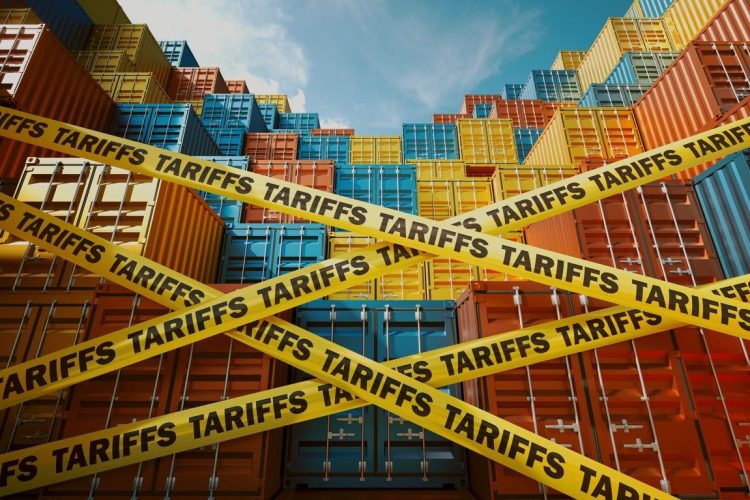The next big chapter on tariff policy is scheduled to come on Friday, August 1, when the latest pause on reciprocal tariffs will end. The pause was previously set to end on July 8, only to be extended several weeks. Secretary of Commerce Howard Lutnick has said that there will not be another pause.
Tariffs have caused concerns about inflation, including higher prices on consumer goods and construction materials (which may be passed onto homebuyers to some degree). However, the Trump administration has also swiftly reversed course after implementing tariffs over the past few months. When will the uncertainty end? That’s what the Federal Reserve Bank of Atlanta asked business leaders.
The bank’s recent Survey of Business Uncertainty for June 2025 (conducted between June 9-20) asked about 900 businesspeople whether their firms are experiencing uncertainty related to tariffs or trade policy, and when they expect it to end.
According to the responses, about 70% of surveyed businesspeople, across many economic sectors, are facing uncertainty from tariffs. This figure is indicative of “the importance of global trade in the U.S. economy and how heavily the issue is weighing on the minds of business decision-makers,” according to the Atlanta Fed’s write-up of the findings.
Of the five broad economic sectors the report grouped respondents into, respondents in real estate and construction industries came in third place. According to the survey, 68.5% of respondents in those industries responded that their firms were feeling business uncertainty due to trade policy, compared to those in the manufacturing (86.5%) and retail and wholesale trade (85.4%) sectors.
Homebuilder confidence, reported by the National Association of Home Builders (NAHB), noticeably dropped earlier in 2025 when tariff uncertainty was new—on January 31, NAHB President Carl Harris penned a letter to President Trump citing “serious concerns” that tariffs on Canada and Mexico would negatively impact the construction industry.
Builder confidence has remained relatively low, though July’s report posted a small uptick, reportedly due to business-friendly provisions in the Big Beautiful Bill. Reasons for low confidence that month were also due to more general affordability challenges for homebuyers, not solely tariffs.
Per the Atlanta Fed survey, the median respondent expects that tariff uncertainty will end in November 2025. However, the report notes that the mean and median are “not especially useful” for characterizing multi-modal data. The takeaway should be, according to the Atlanta Fed, “that business executives disagree to a large extent on how long it will take for trade-policy uncertainty to appear in the rearview mirror rather than on the windshield.”
Previous business uncertainty surveys by the Atlanta Fed found that uncertainty spiked in May 2020, near the height of the COVID-19 pandemic. Since then, it has been steadily declining, meaning respondents’ firms are feeling more certain in the economy. Despite disagreement about when tariff policy will be decided, it looks to remain a factor for at least the next few months. What effect that will continue to have on the level of uncertainty among businesspeople remains to be seen.
For the full report, click here.












